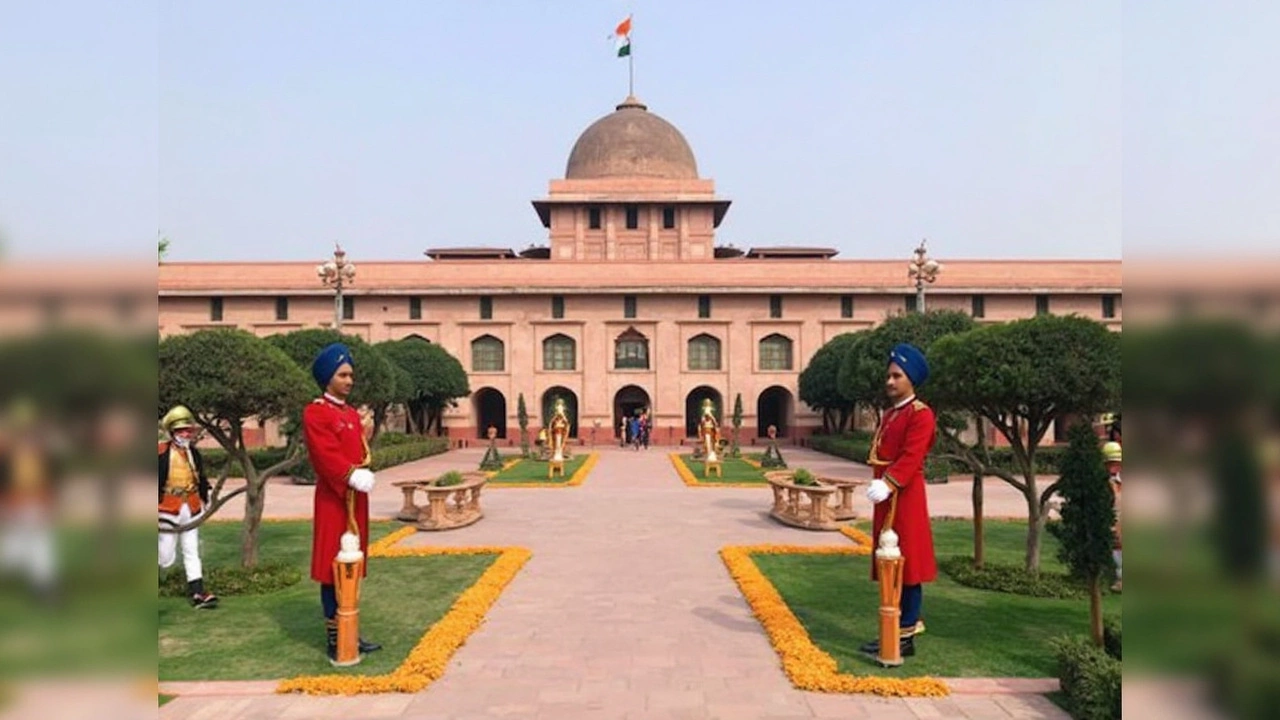Draupadi Murmu – A Quick Look at India’s President
Ever wondered who Draupadi Murmu really is? She’s the first tribal woman to become India’s President, and her story is both inspiring and practical for anyone interested in politics or social change.
Early Life and Rise in Politics
Born in 1958 in a remote village of Odisha, Draupadi grew up in a modest household. She didn’t have fancy schools, but she loved learning and helped her family with farming chores. Those early days taught her resilience and a deep connection to her community.
Her first step into public service was as a teacher. While teaching, she saw how education could lift people out of poverty, so she pushed for better school facilities. That experience sparked her interest in politics.
In the early 1990s, she joined the Bharatiya Janata Party (BJP) and quickly earned a reputation for being straightforward and honest. Voters in her tribal constituency appreciated that she spoke their language and understood their problems. She won a seat in the Odisha Legislative Assembly and later served as a minister handling tribal welfare and women’s development.
Her work as a minister focused on building schools, improving health centers, and creating job programs for tribal youth. She often visited remote villages, listening to locals and bringing their concerns to the state capital. This hands‑on approach helped her win respect across party lines.
Presidency and Impact
When the presidential election came around in 2022, the ruling coalition nominated her. Her nomination was historic: the first tribal woman to hold the nation’s highest constitutional office. The election result sent a strong message that diversity matters in Indian politics.
As President, Draupadi Murmu has kept a low‑key but firm profile. She’s used her ceremonial powers to highlight issues like education for tribal children, women’s safety, and climate change in the Himalayas. Her speeches often include simple stories from her village, making complex policy points easy to understand.
One notable action was her support for a bill that increased funding for tribal higher‑education colleges. While the President can’t vote directly on legislation, her public endorsement helped generate media buzz and put pressure on lawmakers to act.
She also meets regularly with state governors, using those conversations to raise concerns about health infrastructure in remote areas. Health officials have said her visits prompted faster vaccine deliveries during the COVID‑19 aftermath.
Public opinion on her presidency is mixed, as with any leader, but polls show many Indians appreciate having a President who reflects the country’s cultural diversity. Young people especially see her as a role model—proof that someone from a small village can rise to the top.
Overall, Draupadi Murmu’s journey from a teacher in Odisha to the President’s office shows how determination and staying connected to one’s roots can shape a nation’s narrative. Whether you’re a student, a budding politician, or just curious about Indian current affairs, her story offers practical lessons on leadership, representation, and the power of staying grounded.
President Election 2022: How the Value of MPs' Votes Dropped and Changed the Math
In 2022, the value of MPs' votes in the Indian presidential election slipped from 708 to 700, mainly because Jammu & Kashmir had no legislature. Draupadi Murmu beat Yashwant Sinha in an election shaped by this change. The vote calculation relied on the number of legislative assembly members across states and union territories.
